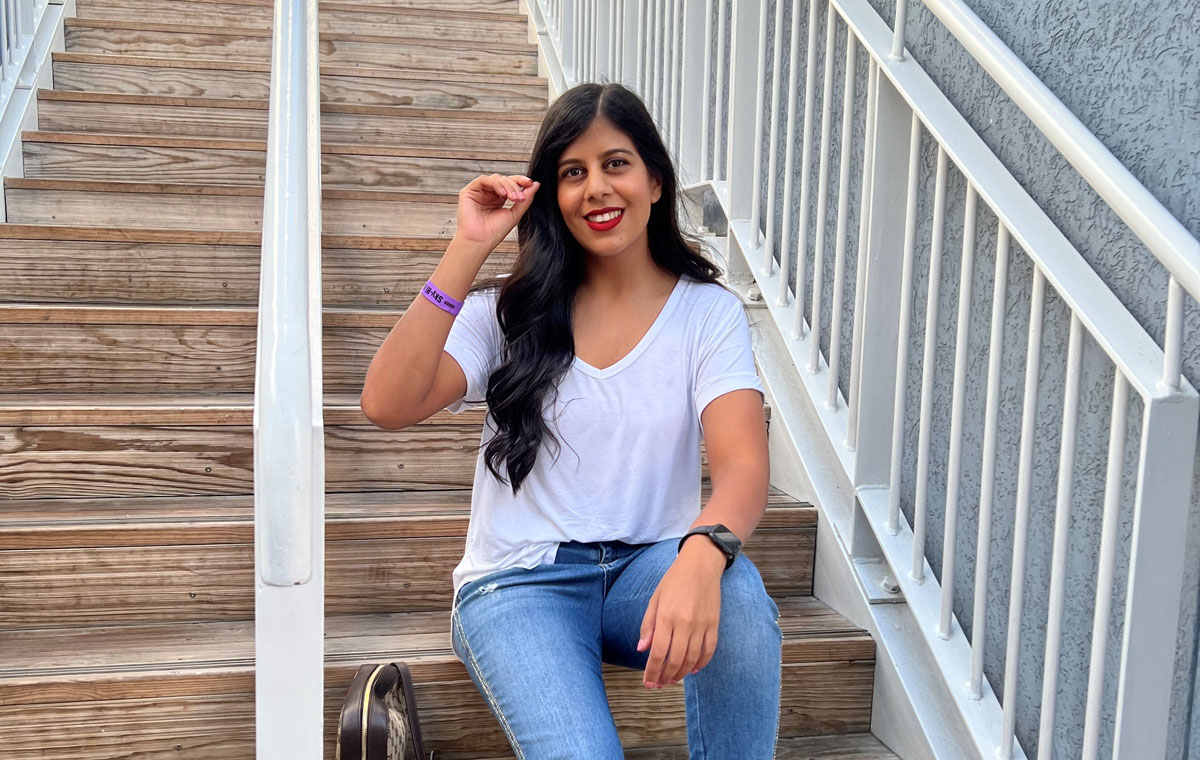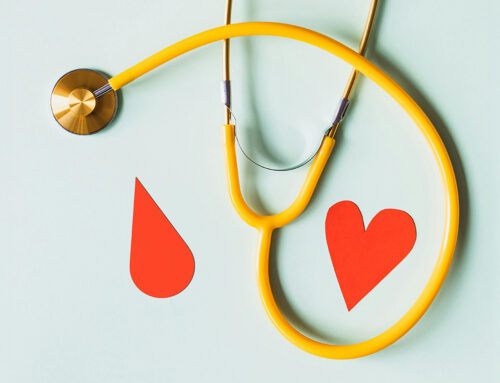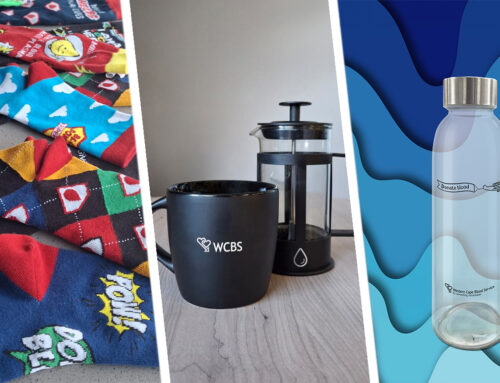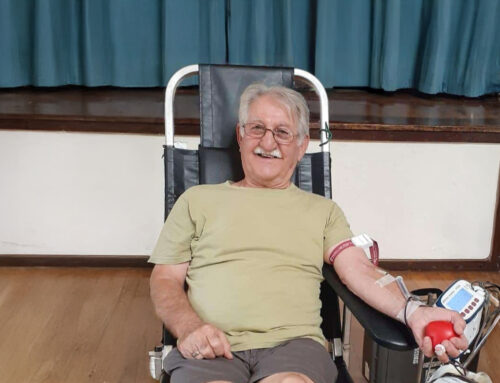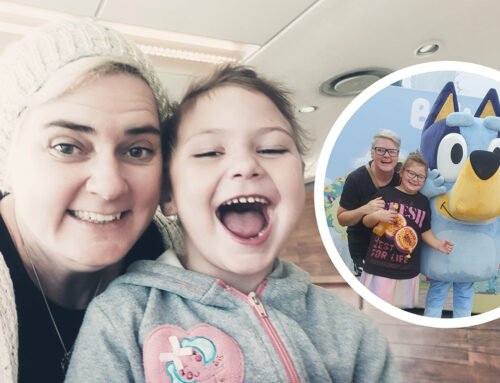By Nadia Turner
In 2016, Amina Parker was a healthy, active 23-year-old, living her life like any other young woman. Little did she know her life was about to change overnight. She visited her doctor in October 2016 due to extreme tiredness and excessive thirst. After running some tests, the doctor told Amina to go to the hospital immediately, where she was diagnosed with stage 5 renal failure. This means your kidneys are getting very close to failure or have already failed. It came as a massive shock as Amina was active, going to the gym and had just started a new job. She was told that she would have to start dialysis within the month. She had a difficult decision to make between Peritoneal dialysis and Haemodialysis. Dialysis is the procedure to remove waste products and excess fluid from blood when kidneys can no longer perform these functions naturally. She decided on Peritoneal dialysis, which you can do at home, this requires you to have a port inserted into your stomach to perform the dialysis. It uses the lining of your abdomen to filter your blood inside your body. Haemodialysis requires a patient to go to the hospital for approximately 3 times a week, where a machine does this procedure.
The dialysis was going well, and she had no complications for some time. However, in July 2017, Amina started feeling very ill. She was coughing a lot, throwing up and was constantly exhausted. She tried to ignore these symptoms and assumed she was just getting flu, but a few days later, her eyesight started deteriorating because her blood pressure was very high. Amina began to build up fluids in her body and struggled to breathe, her ankles were swollen, and she had to be hospitalised. The Peritoneal dialysis was no longer working, and they discovered that her iron was extremely low and her whole body was affected.
Amina needed a kidney transplant and her father was a perfect match, both share the same blood group, O+. To be strong enough to undergo the transplant, she would need to receive blood transfusions. This was a difficult decision because the blood transfusions could cause her to develop antibodies which could compromise the perfect match she had with her father. The doctors decided that they had no choice but to give her blood transfusions because she was so ill prior to the transplant. Luckily these transfusions did not compromise the match with her father and allowed her to regain her strength. After the blood transfusions, she started to feel so much better, and in November 2017, Amina received the kidney transplant. At the time of the transplant Amina was 24 and her father 67.
Amina is now living a healthy and happy life post-transplant. She has a new outlook on life and enjoys every moment. However, when she looks back on her experience, she realises that she would never have been healthy enough to go through such a procedure had it not been for the blood donors who donated their blood and helped her regain her strength. Donors often want to know where their blood is going and who it has helped. Amina is a prime example of someone whose life was drastically improved by the generosity of those who donate blood. For Amina’s full story and journey you can check out her blog.

